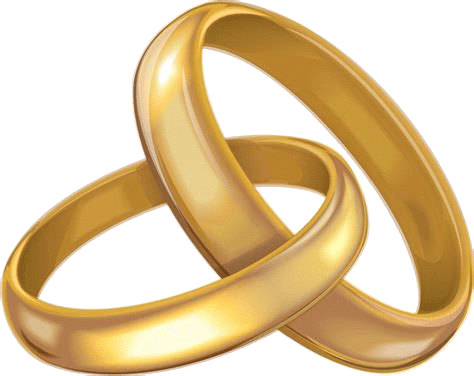

 October 4, 1913
October 4, 1913
Frithjof was born in Stockholm, Sweden on April 8, 1885 as his father, Richard Robert Max had moved his family to Stockholm to start a business there. The ice skating in winter created happy memories for Frithjof of his early childhood.
When his father became seriously ill the family returned to Magdeburg, Germany. But except for Frithjof and maybe his brother Richard of whom I could only find the birth certificate all other kids died within a few years and in 1894 his father passed away as well.
His parents had opened a materials and grocery store and his mother first tried to continue operating the shop but soon found herself defrauded of her money.
After Frithjof had finished school he did an apprenticeship to become an office clerk.
When Frithjof was only 24, his mom passed away as well and Frithjof packed his bags and moved to Hamburg, where his uncle Otto Korn was already living.
Dora Johanna was born in Uetersen, a small town famous for its beautiful roses, in 1890. She had 4 siblings, 2 elder brothers, Johann Heinrich and Carl August, an elder sister called Minna and one younger brother called Hans. Her father was a carpenter. Before her birth the family had lived in a small place called Kesdorf, close to Süsel (Lübeck) and close to where her father had grown up but had then decided to move to Uetersen where her mother was from.
Uetersen is not far from Hamburg, still we don't know how the two actually got to know each other. But they did and they got married on October 4, 1913.
On their wedding Dora's father was the witness for Dora and for Frithjof it was a man called Hans Hansen-Beck who had a French wife called Ernestine Albertine Nourtier.
Soon after their first child Richard was born, named after Frithjof's father.
Their second child, my grandfather Ernst was born in 1915.
Frithjof worked as an office clerk at a newspaper.
Whenever he could, he would go to the movies. He loved watching all the newest films. Dora loved roses.
They went skating with the kids and taught them how to swim.
In 1933 Hitler took power and shut down the newspaper Frithjof was working for. Now he was unemployed and didn't get any help from the state because of his double citizenship (German and Swedish).
Life was hard now. Ernst had to leave school and to make it through Dora Johanna even had to sell her jewlery. They struggled. I read stories about others who joined the party but Frithjof didn't. He knew that it was wrong and kept his integrity.
In 1939 war broke out again and their son Ernst was sent to fight.
Then came the bombings of July 1943. In the big firestorm their apartment burned down. Their neighbourhood, Hamburg-Hammerbrook was one of the hardest hit neighbourhoods and the houses in their street did not survive. They were glad that they made it out alive even though now they had even lost their home and their modest belongings.
They were given shelter in someone else's house.
The war ended in May 1945 but 2 months later Frithjof died. The years of exhaustion had made him vulnerable. Dora was now forced to move into a shelter. There simply weren't enough apartments and houses left for people to live in as everything was destroyed.
Later in 1945 Ernst came back home from the war. And in 1946 my father was born. Dora Johanna was surely happy to see him. Her son Richard had also survived the war. But the years of suffering had also taken a toll on her and she had a stroke in the night to December 24, 1947 and passed away.
Copyright © 2004-2026 Katja Socher, tuxgraphics.org